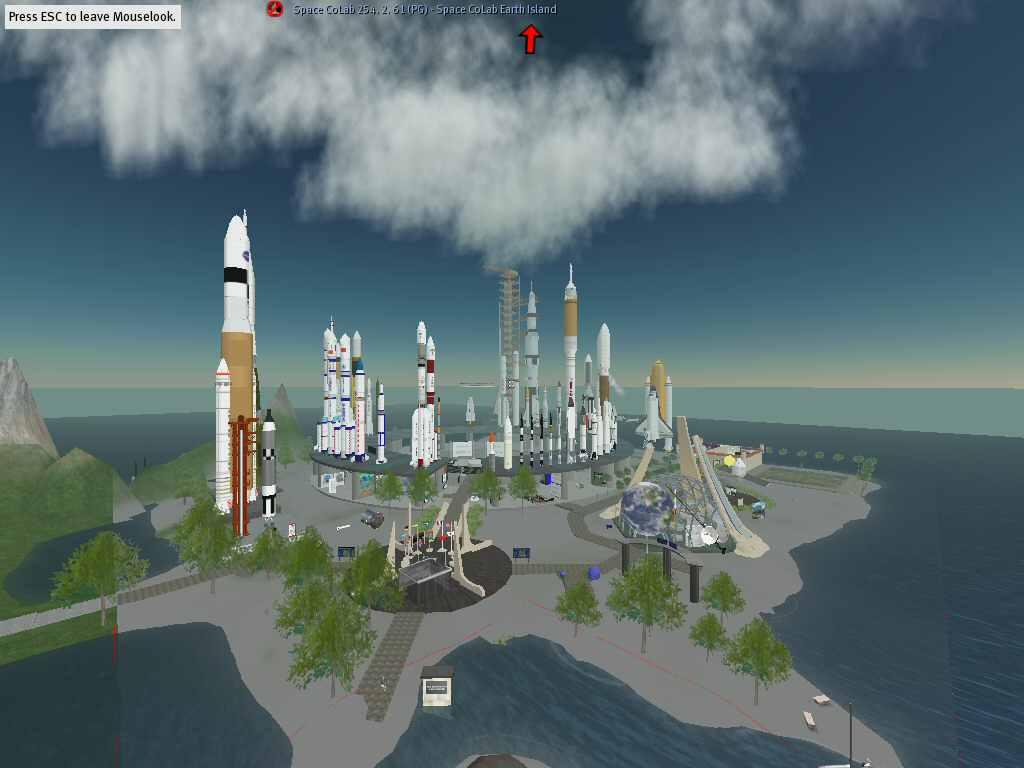
Russia's Old-School Spaceport
The Associated Press offers a fascinating look at Russia's Baikonur
spaceport, technically now in Kazakstan. It's a far cry from the shiny, futuristic sprawl expected for New Mexico's commercial spaceport, but Americans may want to get used to it, the article notes.
Baikonur was the home of the Soviets' space program. The launch pad used for the Soyuz rockets taking people and cargo up to the International Space Station is the same one used for the USSR's first manned space flight in 1961. Sputnik itself was launched nearby.
The area around is devastated, near the dry remains of a once-enormous inland sea drained by Soviet irrigation projects, now the source of dry toxic salts that blow across the desert.
The city is rented wholesale by Russia for $115 million a year, with a mayor appointed jointly by the Russians and the Kazakhs. The locals are proud, if bemused:
"We live under two governments, but unfortunately get only one salary," Kuzmin noted wryly as he walked the freshly renovated corridors of city hall.
With oil money now flooding into Russia, some modernization is happening, the articles notes. But the town remains an outpost of the past. Residents joke that socialism still exists, with free health care, state jobs and apartments available to those working for the Russian government.
As the U.S. space shuttle fleet winds down in 2010, this will likely turn into a launch point for U.S. missions to the ISS as well. Already space tourists have come here to blast off. And it may be a good reality-check for people dazzled by the slick new plans for the Southwest Regional Spaceport in New Mexico's Las Cruces, I think.
There's a reason space-going cities in sci-fi are often dirty, dark and dangerous. It's not just fiction; they're based on real ports, and the real seagoing transport business. Any city that wants to make itself a hub for future transport should make sure it is planning too for the less sexy side: growth, environmental damage, and the other costs that are sure to come with space traffic.
Russia's Space City Frozen In Time (AP)

No comments:
Post a Comment